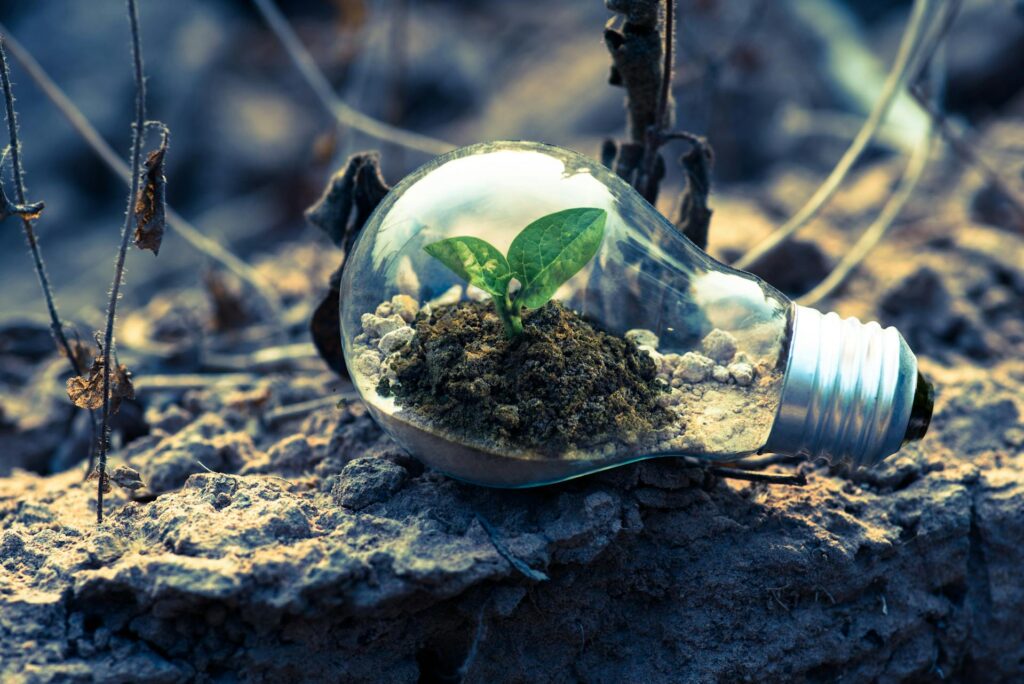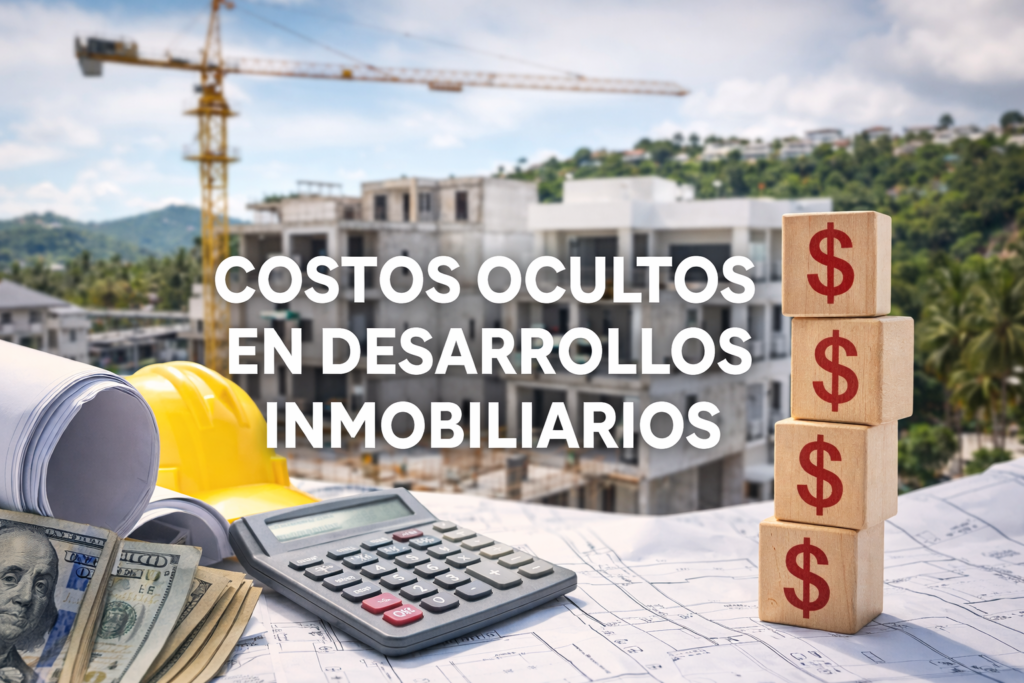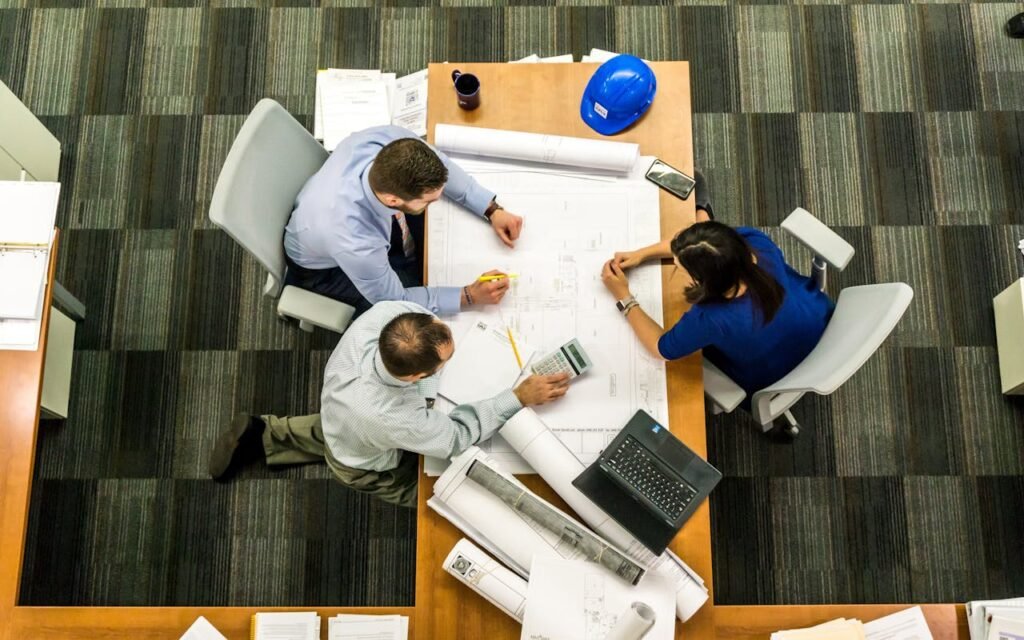Urban growth in the Dominican Republic is booming, but how can we ensure that this development is truly sustainable? Many constructions claim to be “eco-friendly,” but in reality, they do not effectively apply sustainable techniques. In this article, we will explore the key aspects of sustainable development in the Dominican Republic, focusing on materials, techniques, and applied examples in Las Terrenas.

What Is an Eco-Friendly Material?
When discussing sustainable construction, it is not just about using wood or recycled materials but ensuring that they come from certified sources and genuinely reduce environmental impact.
Materials That Are Truly Eco-Friendly
- Certified wood (FSC or PEFC), ensuring responsible reforestation.
- Recycled PVC, ideal for furniture, decorative elements, and soundproofing.
- Recycled concrete, which reuses demolition debris, reducing waste.
- Eco-friendly paints, free of toxic compounds to improve indoor air quality.
Common Mistakes When Talking About Sustainable Materials
Many projects use the term “eco-friendly” without applying true sustainability criteria. For example, using uncertified wood or installing solar panels without an adequate bioclimatic design does not guarantee long-term efficiency.
Sustainable Techniques in Construction
Sustainability is often promoted without applying real techniques that reduce environmental impact or improve energy efficiency.
Rainwater Harvesting and Reuse
Collecting rainwater is a sustainable practice rarely implemented in Las Terrenas. One of the reasons is that cisterns require special filters to purify the water, which represents a high initial investment. However, in the long run, this technique reduces potable water consumption and optimizes water resources.
Thermal Insulation and Energy Efficiency
A well-insulated building requires less energy for climate control, reducing costs and carbon footprint. Some efficient solutions include:
- Using ventilated facades to decrease thermal load.
- Implementing low-emissivity glass and airtight windows.
- Thermal and acoustic insulation with recycled materials.
Myths and Realities About Eco-Friendly Construction
Sustainability in architecture is surrounded by misconceptions that limit its implementation:
Common Myths
- “Building sustainably is too expensive” ❌
- Although the initial investment may be higher, savings in energy and maintenance compensate for it in the medium and long term.
- “Any house with solar panels is eco-friendly” ❌
- If the home is not designed to maximize natural light and ventilation, solar panels alone will not ensure efficiency.
- “Sustainable construction is only for large projects” ❌
- Small homes and renovations can also incorporate sustainable practices without excessive costs.
- “Eco-friendly materials are less durable” ❌
- Many recycled and certified materials meet or exceed the durability of conventional ones.
- “Sustainability means sacrificing comfort” ❌
- Smart design can enhance both efficiency and comfort by optimizing natural ventilation and lighting.
Realities
- A bioclimatic architectural design can reduce energy consumption by up to 90%.
- Recycled materials can be as durable as conventional ones while generating a lower environmental impact.
Comparison: Traditional vs. Sustainable Construction
| Factor | Traditional Construction | Sustainable Construction |
|---|---|---|
| Energy Consumption | High | Low (up to 90% less) |
| Materials | Non-recycled | Recycled and certified |
| Initial Cost | Lower | Higher, but with return on investment |
| Environmental Impact | High | Reduced |
Small Sustainable Actions for Homeowners
It is not necessary to build from scratch to apply sustainability principles at home. Some simple actions include:
- Using thermal curtains to improve insulation.
- Reusing materials in renovations.
- Installing rainwater collection systems for irrigation.
All Project Group: A Future Vision in Sustainability
At All Project Group SRL, we believe in sustainable development in the Dominican Republic and the need to create efficient buildings, adapted to the climate, and built with responsible materials. We have the experience and knowledge to develop innovative and sustainable projects in Las Terrenas and throughout the country.
If you are interested in a sustainable home, contact us now and find out how we can design an efficient and eco-friendly home for you: All Project Group – Contact.







